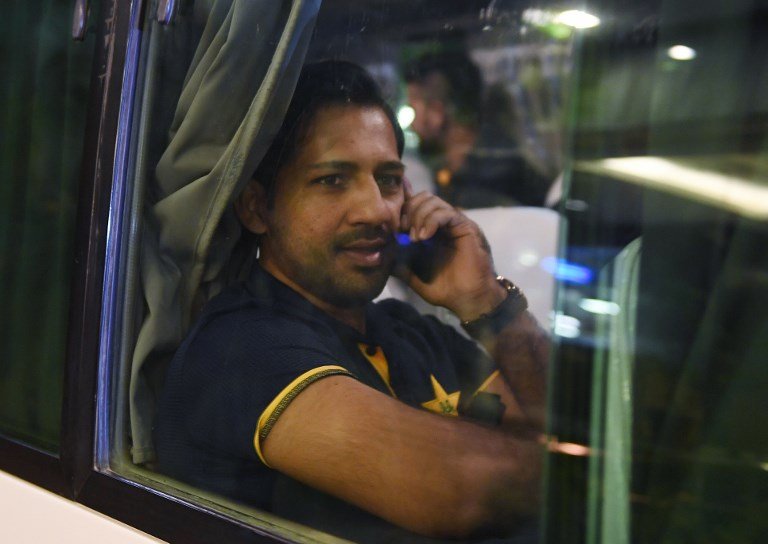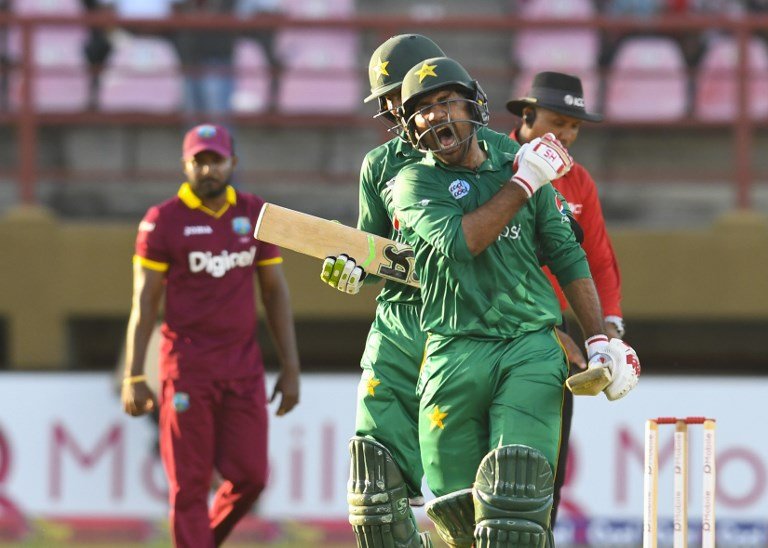Pakistan skipper Sarfraz Ahmed has turned down a offer from a bookmaker in Dubai during the ongoing ODI series against Sri Lanka, according to media reports. The wicketkeeper-batsman has also informed the team management about the approach.

Pakistan Cricket Board (PCB) chairman Najam Sethi on Saturday confirmed a national team player was approached by a bookie with an offer of fixing which was reported to the anti-corruption unit. He said the matter was being dealt with by his board and the International Cricket Council (ICC).
A player was approached. As per rules he immediately reported to PCB who informed ICC. Matters are jointly in hand. No further comment.
— Najam Sethi (@najamsethi) October 21, 2017
Pakistani media said the player approached was skipper Sarfraz Ahmed and it happened on October 17 before the third one-day international in Abu Dhabi a day later.
Under the anti-corruption code a player must report a fixing offer and failure to do so can result in a ban of a minimum of six months. The maximum punishment is a life ban.
Pakistan lead the five-match series 4-0 after a thumping seven-wicket win against Sri Lanka in Sharjah on Friday. The final match takes place in Sharjah on Monday.

Under ICC rules a player is interviewed by its anti-corruption unit to further investigate the matter, but the governing body does not make any comment on an ongoing investigation.
Pakistan cricket received a jolt in February when two of its players — Sharjeel Khan and Khalid Latif — were caught in a spot-fixing scandal which rocked their Twenty20 league held in United Arab Emirates.
Sharjeel was banned for five years (two and a half years of which were suspended) while Khalid was banned for five years and fined one million rupees ($10,000).

The two played for Islamabad United in the Pakistan Super League (PSL) and were accused of arranging two dot balls in return for money in the opening match of the league.
Pacer Mohammad Irfan was banned for one year, six months of which were suspended, and fined one million rupees while spinning all-rounder Mohammad Nawaz was banned for two months (one suspended) and fined 200,000 rupess ($2,000) for failing to report fixing offers at various stages.

















